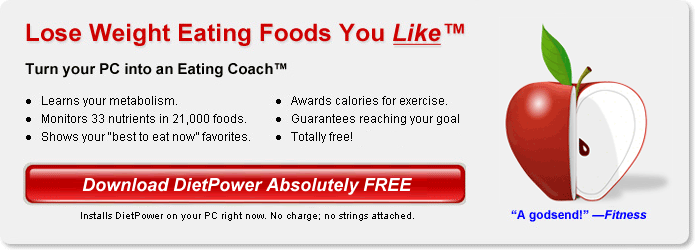500 to 700 milligrams less. In addition, taking extra potassium, whether from food or supplements, seems to lower black people's blood pressure more than it does others'. ...you don't want kidney stones. This painful malady often results from a too-acidic diet. Foods rich in potassium (pictured above) tend to neutralize acids. Two studies have linked higher potassium intake with lower kidney-stone risk. ...you don't want osteoporosis. Excess acid in the blood tends to leach calcium out of the bones. Studies show that supplements of potassium bicarbonate can reduce bone breakdown and increase bone formation. ...you like meat. High-protein diets are a leading cause of high blood acidity and kidney stones (see above). You May Need Less Potassium if......you take certain drugs. Getting too much potassium is rare, because the kidneys excrete any excess into the urine. (Symptoms of potassium overdose, or hyperkalemia, include irregular heartbeat and muscle paralysis.) Nevertheless, three classes of drugs—prescribed for high blood pressure and related ailments—can impair potassium excretion:
...you have certain diseases. Medical conditions known to impair potassium excretion include diabetes, chronic kidney disease, end-stage renal disease, severe heart failure, and adrenal insufficiency. Where to Get Your PotassiumFrom foods. Vegetables and fruits are rich in potassium—especially bananas, potatoes, oranges, avocados, spinach, melon, apricots, beans, and broccoli.. Other good sources are meat, milk products, nuts, and peanut butter. From supplements. These can help, but only up to a point. You have to swallow a lot of tablets or capsules to get your daily requirement (see the photo above)—and your body may not absorb it all. In addition, the active ingredient is often potassium chloride, which cannot neutralize excess acid in the body and probably won't help you prevent kidney stones or bone loss. If you must take supplements, look for those containing potassium citrate or potassium gluconate.
To comment on this article, .
|
|

| This site complies with the HONcode standard for trustworthy health information (verify here). |



|
Click here to see biographies of DietPower's scientific advisory board members. |

|
SPAM POLICY: DietPower doesn't send emails to people who haven't requested them, nor do we share email addresses with third parties. If you suspect that someone has subscribed you to our calorie counter mailing list fraudulently, email us at webmaster@dietpower.com.
| Database Error | |
|---|---|
| Message: | MySQL Query fail: INSERT INTO visitor (join_date, entrance, join_ip, last_ip) VALUES (NOW() ,'http://my.dietpower.com/features/potassium.php', '10.3.89.251', '10.3.89.251'); |
| Date: | Tuesday, January 27, 2026 at 6:13:32 AM |
| Script: | /features/potassium.php |
| Database Error | |
|---|---|
| Message: | MySQL Query fail: INSERT INTO visits (visitor, timestamp, ip_address, domain, landing_page) VALUES ('', NOW() ,'10.3.89.251', 'my.dietpower.com', '/features/potassium.php'); |
| Date: | Tuesday, January 27, 2026 at 6:13:32 AM |
| Script: | /features/potassium.php |